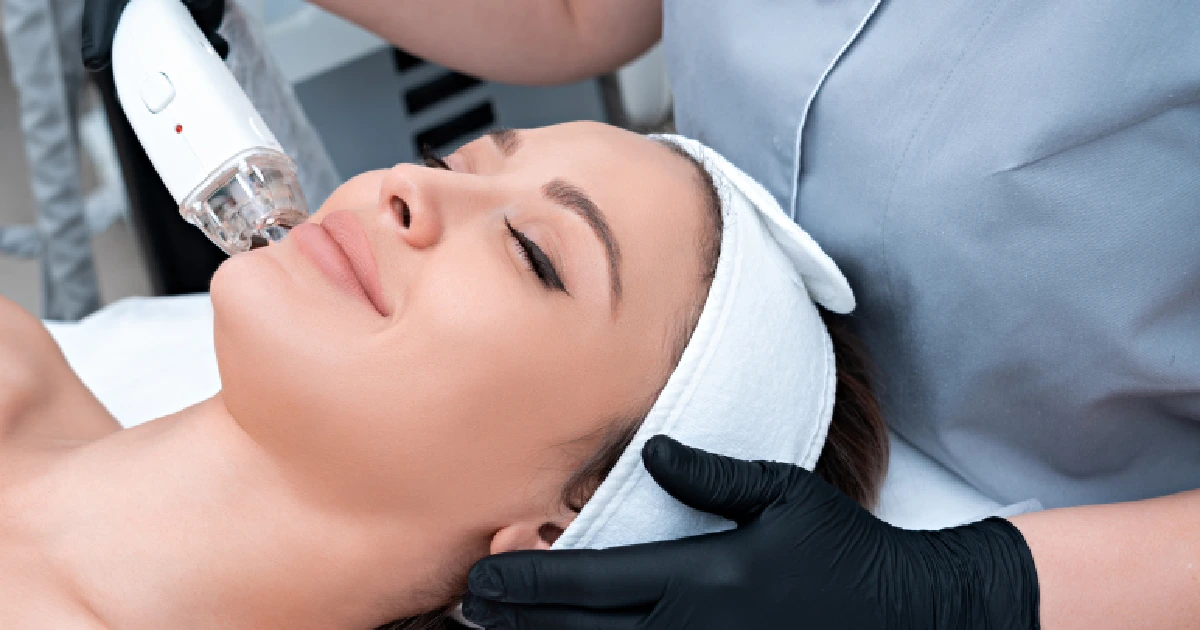Regular gynecological exams are crucial to maintaining women’s health. These exams not only help in the early detection of health issues but also provide an opportunity for women to discuss any concerns or questions about their reproductive health.
This blog will delve into the importance of gynecological exams, what they entail, and how you can prepare for your visit.
Why Are Gynecological Exams Important?
Gynecological services (exams) play a vital role in preventive health care. They help in:
- Early Detection of Health Issues: Regular exams can identify potential problems such as cervical cancer, ovarian cysts, sexually transmitted infections (STIs), and other reproductive health issues at an early stage when they are most treatable.
- Monitoring Reproductive Health: These exams allow your doctor to monitor your reproductive health and address any changes or concerns. This is particularly important during different life stages, such as puberty, preconception, pregnancy, and menopause.
- Education and Counseling: Gynecological exams provide an opportunity to discuss birth control options, sexual health, menstrual issues, and other concerns. Your doctor can offer unique advice and guidance based on your needs and health history.
What to Expect During a Gynecological Exam
A gynecological exam typically involves several components to assess different aspects of your reproductive health. Here’s what you can expect:
Medical History and Discussion
Your visit will start with discussing your medical history, current health, and any concerns you may have. Your doctor will ask about your period, sexual activity, birth control use, and any symptoms you’re experiencing. This is also a good time to ask questions or discuss any issues.
Physical Examination
The physical examination may include:
- Breast Exam: Your doctor will check for lumps or abnormalities in your breasts and underarms.
- Pelvic Exam: This involves a visual and manual examination of your external and internal reproductive organs, including the vulva, vagina, cervix, uterus, and ovaries. The pelvic exam may include a Pap smear to screen for cervical cancer.
Pap Smear
A Pap smear is an approach that collects cells from your cervix to check for abnormalities or signs of cervical cancer. During the test, your doctor gently scrapes cells from your cervix using a small brush or spatula. These cells are then sent to a lab for analysis. Pap smears are typically recommended for women aged 21 to 65. every three years
HPV Testing
Human papillomavirus (HPV) testing may be done in conjunction with a Pap smear, especially for women over 30. HPV is a common sexually transmitted infection that can lead to cervical cancer. Testing for HPV can help identify high-risk types of the virus.
STI Screening
Depending on your age, sexual activity, and risk factors, your doctor may recommend testing for sexually transmitted infections (STIs) such as chlamydia, gonorrhea, syphilis, and HIV. STI screening can be done through blood tests, urine tests, or swabs of the genital area.
Additional Tests
In some cases, additional tests may be needed based on your symptoms or medical history. These could include blood tests, ultrasounds, or biopsies.
Comprehensive Gynecological Services
At Pacific Obstetrics & Gynecology, we offer a wide range of gynecological services to cater to our patients’ diverse needs. Our annual exams ensure your overall reproductive health is monitored regularly, helping to catch any potential issues early.
We provide thorough evaluations and treatments for abnormal pap smears, ensuring peace of mind and prompt care. For those considering family planning, our contraceptive management services are tailored to meet individual needs.
We also specialize in the diagnosis and treatment of conditions such as endometriosis, fibroids, and Polycystic Ovarian Syndrome (PCOS), offering compassionate and effective care.
Our menopause management services help alleviate symptoms like vaginal dryness and urinary incontinence, improving your quality of life during this transitional period.
Our clinic also provides initial evaluations and treatments for infertility, supporting you on your journey to conception with personalized care. Preconception counseling is available to ensure you’re fully prepared for a healthy pregnancy.
We address irregular menstrual cycles and offer comprehensive STI evaluations and treatments to maintain your reproductive health.
Preparing for Your Gynecological Exam
To make the most of your gynecological exam, consider the following tips:
- Schedule Wisely: Schedule your exam when you are not on your period, as this can make the examination more comfortable and accurate.
- Prepare Questions: Write down any questions or concerns you have so you remember to discuss them during your appointment.
- Avoid Vaginal Products: For 24 to 48 hours before your exam, avoid using tampons, douches, vaginal creams, or sexual intercourse, as these can interfere with test results.
- Provide Honest Information: Be open and honest with your doctor about your medical history, sexual activity, and any symptoms you’re experiencing. This detail is crucial for accurate diagnosis and treatment.
Common Concerns About Gynecological Exams
Discomfort and Pain
Many women worry about discomfort or pain during a gynecological exam. While the exam may be slightly uncomfortable, it should not be painful. Communicate with your doctor if you experience pain, as they can take steps to make the exam more comfortable.
Embarrassment
Feeling embarrassed is normal, but remember that gynecologists are trained professionals who conduct these exams regularly. They aim to create a comfortable and respectful environment for you.
Privacy and Confidentiality
Your privacy and confidentiality are paramount. Anything discussed during your exam is confidential, and your doctor will ensure you feel safe and secure.
When to Schedule Your Next Exam
The frequency of gynecological exams depends on your age, health history, and risk factors. General guidelines include:
- Ages 21-29: Pap smear every three years and annual pelvic exams.
- Ages 30-65: Pap smear every three years, or Pap smear and HPV test every five years, with annual pelvic exams.
- Ages 65 and older: Depending on your health history, your doctor may recommend continuing or discontinuing regular exams.
Take Charge of Your Health
Regular gynecological exams are vital to maintaining overall health and well-being. They provide an opportunity for early detection of certain health issues, ongoing monitoring of reproductive health, and valuable education and counseling.
At Pacific Obstetrics & Gynecology, our dedicated professionals are committed to providing compassionate and comprehensive care. We encourage you to take charge of your health by scheduling regular gynecological exams and discussing any concerns with your doctor.
If you’re due for a gynecological exam or have questions about your reproductive health, book an appointment with us at Pacific Obstetrics & Gynecology today. We’re here to support you every step of the way.






